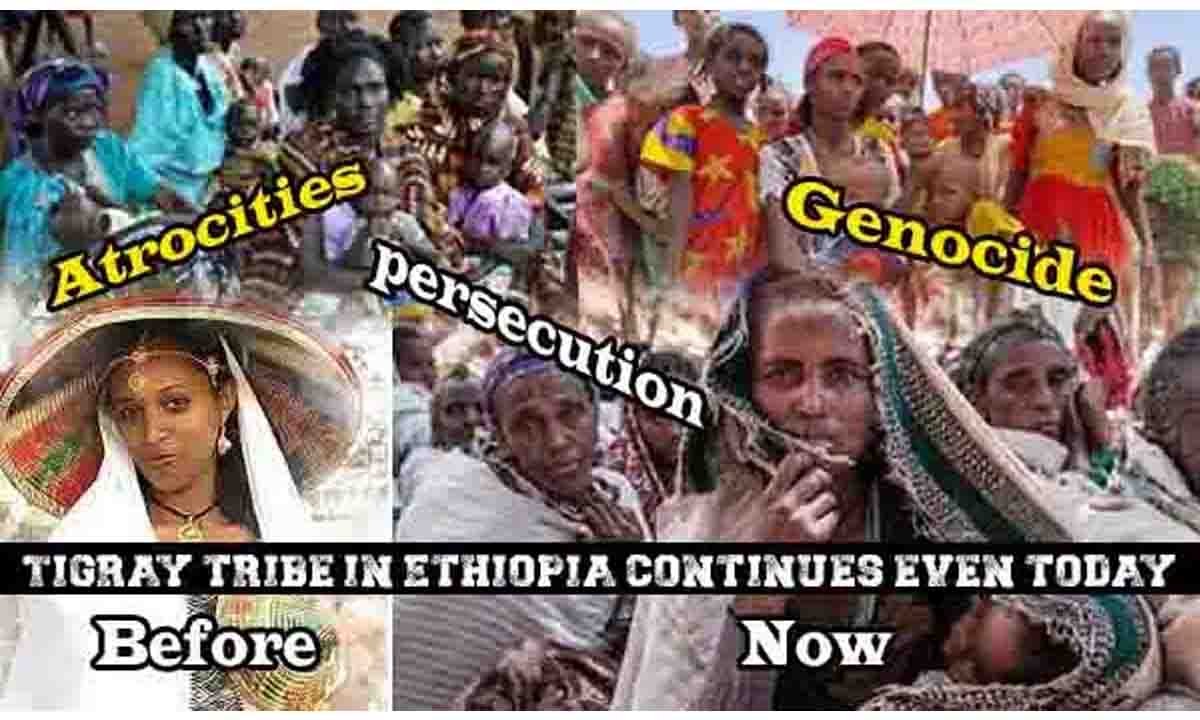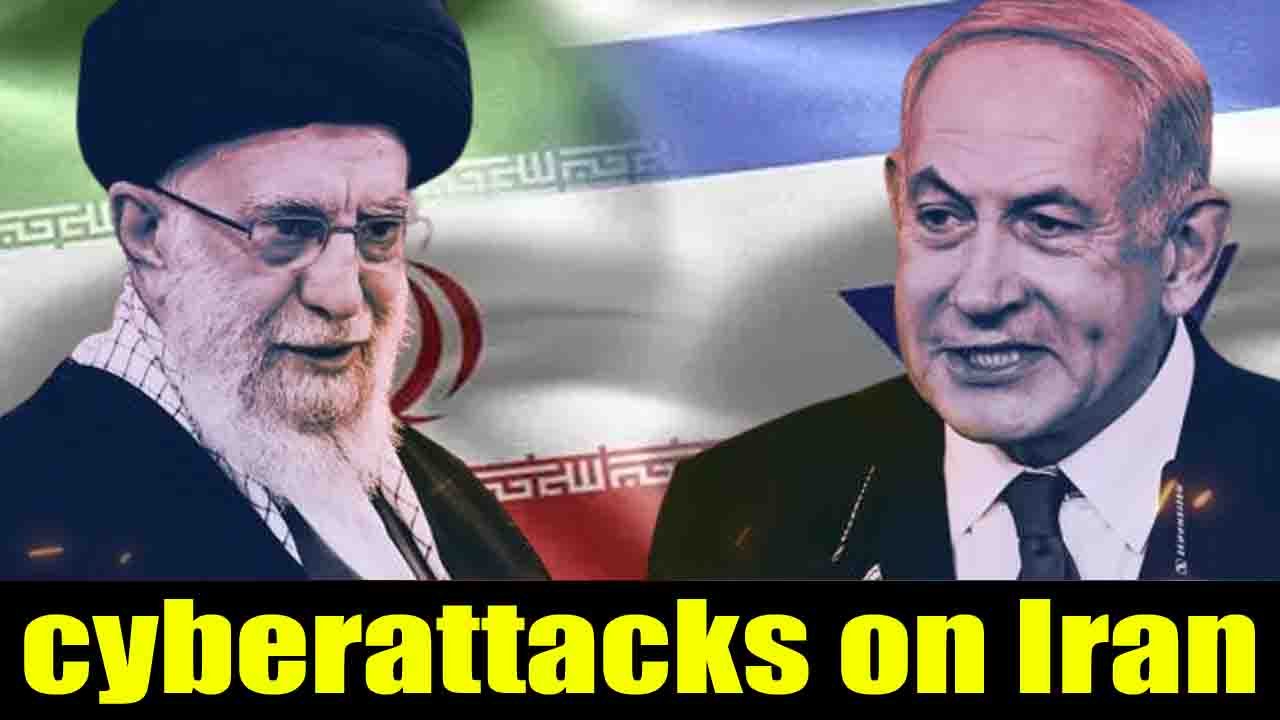Atrocities, persecution, genocide on Tigray tribe in Ethiopia continues even today

SD24 News Network –
Atrocities, persecution, genocide on Tigray tribe in Ethiopia continues even today
The Ethiopia Tigray Genocide refers to the ongoing armed conflict in the Tigray region of Ethiopia, which began in November 2020. The conflict erupted between the Ethiopian government and the Tigray People’s Liberation Front (TPLF), a political party that had previously held power in the region.
The conflict has resulted in widespread violence, including reports of war crimes, human rights violations, and acts of ethnic cleansing. Civilians have been targeted by both sides, with reports of extrajudicial killings, rape, and other forms of violence.
The conflict has also led to a humanitarian crisis in the region, with thousands of people displaced from their homes and in need of food, shelter, and medical care. The Ethiopian government has been accused of blocking aid to the region, exacerbating the humanitarian situation.
The international community has called for an end to the conflict and for all parties to respect human rights and international law. The United Nations has established a commission of inquiry to investigate allegations of human rights abuses in the region, and several countries have imposed sanctions on individuals and entities involved in the conflict.

Ethiopia Tigray tribe is facing these problems
The Tigray people in Ethiopia are facing a number of problems and challenges, many of which are related to the ongoing conflict in the region. Some of the key issues include:
Humanitarian crisis:
The conflict in Tigray has led to a major humanitarian crisis, with an estimated 5.2 million people in need of emergency assistance, including food, shelter, and medical care. Many people have been forced to flee their homes and are living in crowded camps or with host families.
Violence and displacement:
The conflict has led to widespread violence and displacement, with reports of extrajudicial killings, rape, and other forms of violence against civilians. As of March 2022, it is estimated that more than two million people have been displaced from their homes.
Economic hardship:
The conflict has had a major impact on the economy of the Tigray region, with many businesses and farms destroyed or damaged, and transportation disrupted. This has led to shortages of food and other essential goods, and has made it difficult for people to make a living.
Access to basic services:
The conflict has disrupted access to basic services like healthcare and education, with many health facilities and schools damaged or closed. This has had a particularly severe impact on women and children.
Marginalization and discrimination:
The Tigray people have historically faced marginalization and discrimination in Ethiopia, and the current conflict has exacerbated these issues. Many Tigrayans have been targeted by the Ethiopian government and military, leading to a sense of insecurity and fear within the community.
The plight of Ethiopia’s Tigray tribe
The Tigray people in Ethiopia are currently living in the Tigray region, which is located in the northern part of Ethiopia, bordering Eritrea. The Tigray region is one of the nine regions of Ethiopia and is home to a predominantly Tigrayan population, although there are also other ethnic groups living in the region. The Tigray region has been the site of ongoing conflict since November 2020, when the Ethiopian government launched a military offensive against the Tigray People’s Liberation Front (TPLF), which had been in control of the region for many years. The conflict has led to widespread violence, displacement, and a major humanitarian crisis, with millions of people in need of emergency assistance.
How can justice be brought to the Ethiopian Tigray tribe? ,
Bringing justice to the Ethiopian Tigray tribe is a complex and multi-faceted issue that will require a sustained effort from multiple stakeholders. Here are some steps that could help bring justice to the Tigray people:
End the conflict:
The first step towards justice is to end the ongoing conflict in Tigray. This will require a negotiated settlement between the Ethiopian government and the Tigrayan rebels, as well as international support for peacebuilding efforts.
Accountability for human rights abuses:
There must be accountability for the human rights abuses that have been committed during the conflict. This includes investigating and prosecuting those responsible for war crimes, crimes against humanity, and other violations of international law.
Reparations for victims:
Victims of human rights abuses should be provided with reparations, including compensation for damages and other forms of support to help them rebuild their lives.
Access to justice:
Tigrayans should have access to justice and legal remedies for any violations of their rights. This includes ensuring that they have access to legal representation and that their cases are heard in a fair and transparent manner.



